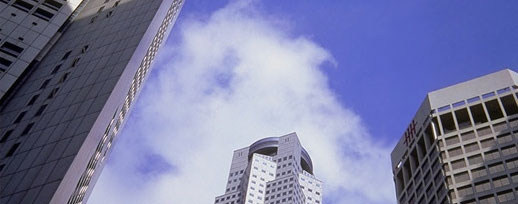
how to use - Dearu (である)
である is essentially the same as だ, which in English is the be verb.
You can also say it's similar to です, but です is more polite than である/だ.
Both である and だ can be referred to as タメ口 (Tameguchi, or ordinary talk),
and thus means it is not a form a 敬語。
To give you an example of how it's used, the following are identical.
===============================================
彼は高校生だ。 (He is a high school student.)
彼は高校生である。 (He is a high school student.)
彼は高校生です。 (He is a high school student.) Polite form
今日は雨だ。 (Today it will rain.)
今日は雨である。 (Today it will rain.)
今日は雨です。 (Today it will rain.) Polite form
===============================================
Just a personal opinion but I feel だ is used more commonly, and I would
see it on Japanese cartoons or dramas. To me, である sounds more common
in school work (essays, reports, dissertations, etc). I rarely hear である in
conversation, but I have frequently heard Japanese politicians or senior figures use である。
Topic: Dearu
No comments found.